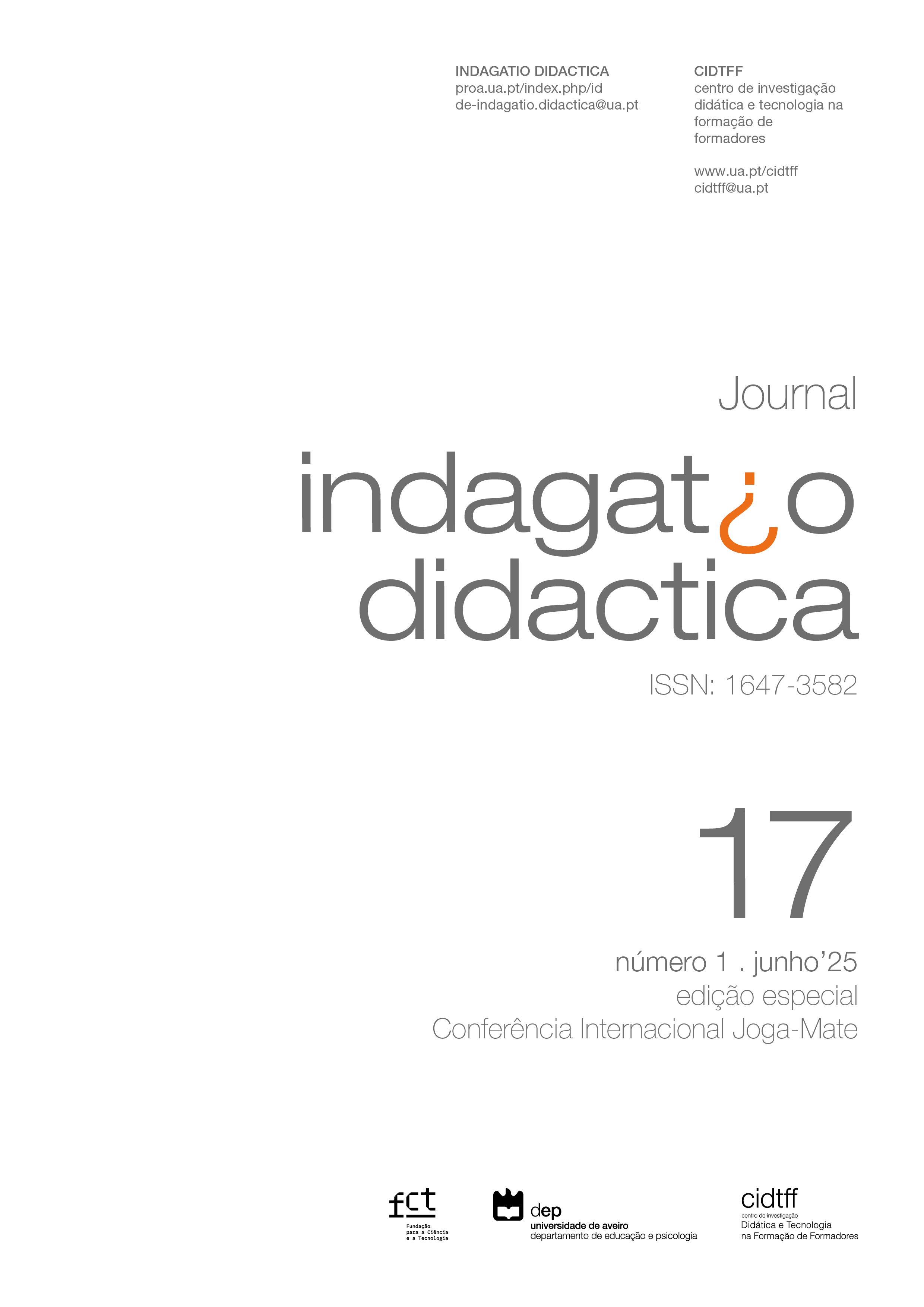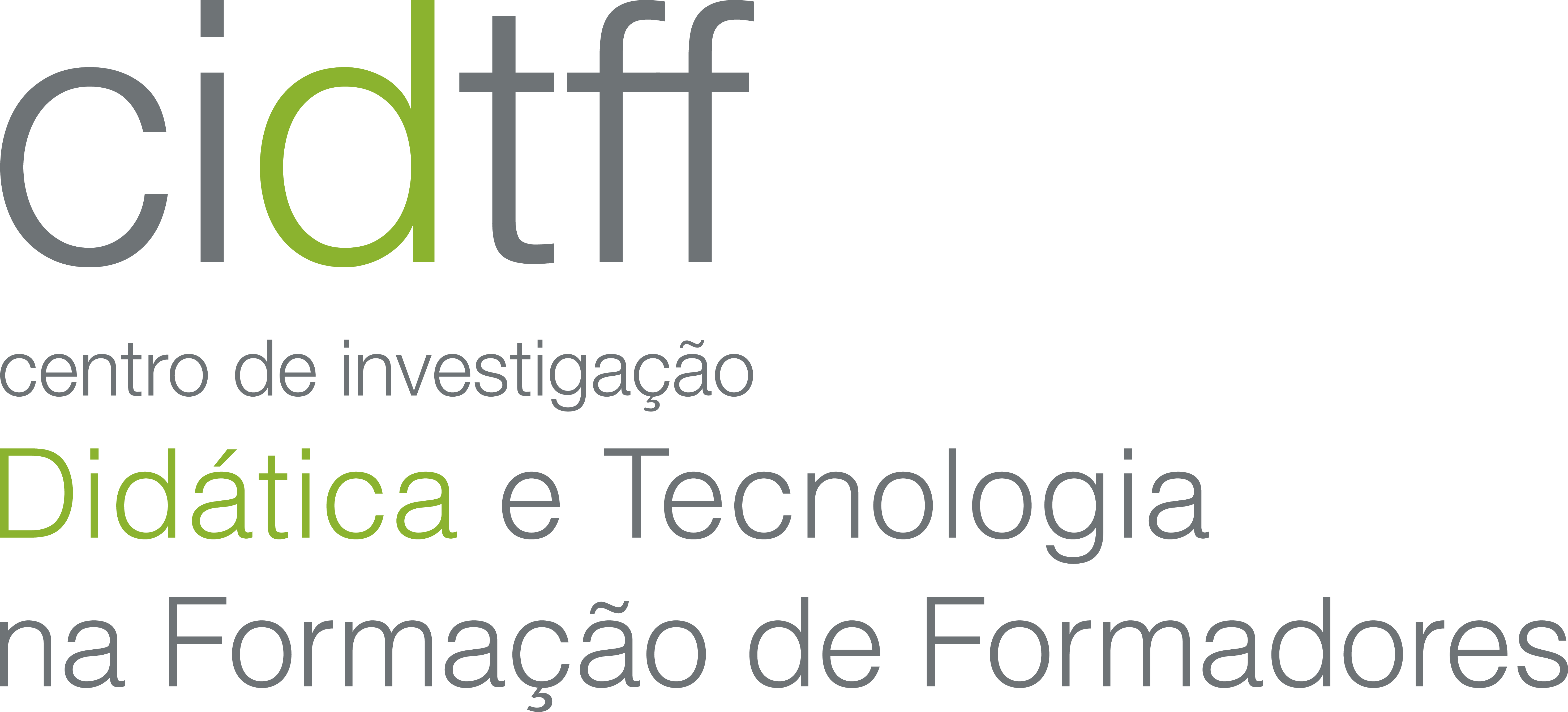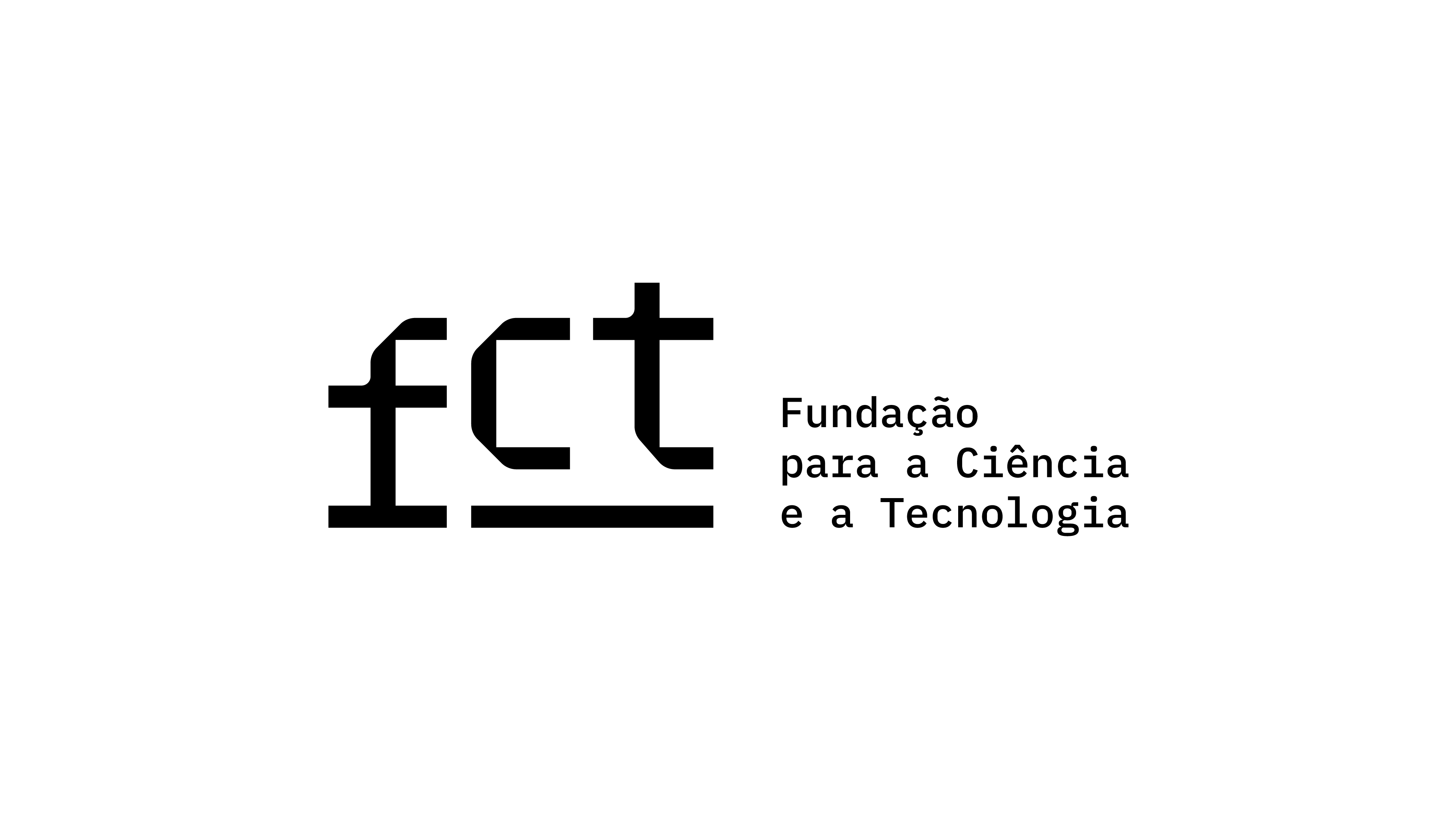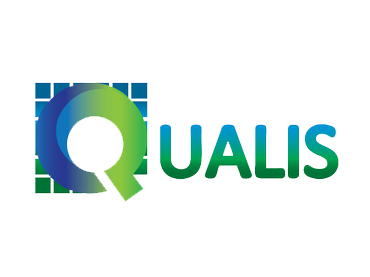Museu do Pi: um Escape Room Educativo para Aprendizagem da Matemática
Resumo
Este artigo apresenta a implementação de um escape room educativo (ERE) virtual intitulado “Museu do Pi”, concebido para promover a aprendizagem interativa da Matemática no contexto das comemorações do dia Internacional da Matemática, 14 de março, também celebrado como dia do Pi.
O ERE foi desenvolvido na plataforma Genially e aplicado a turmas do 6.º ano de uma escola básica em Portugal como uma ferramenta de avaliação formativa. O tema do escape room foi estruturado para reforçar o conhecimento dos alunos sobre o número Pi, sua história e aplicações, bem como para consolidar conceitos de perímetros, áreas e volumes, sempre que possível envolvendo o número Pi.
A experiência mostrou que a gamificação facilita a aquisição de conhecimentos, melhora a motivação dos alunos e fomenta o trabalho em equipa. Os resultados indicam que os alunos se sentiram envolvidos e motivados, classificando a experiência como enriquecedora e divertida. A metodologia utilizada baseou-se na resolução de desafios matemáticos interativos, promovendo uma abordagem inovadora ao ensino. O ERE trouxe também a possibilidade de desenvolvimento de competências transversais, tão fundamentais na formação integral dos alunos.
Downloads
Referências
Ambrožová, P., & Kaliba, M. (2021). Online escape games as an educational tool. In L. Gomez Chova, A. Lopez, & I. CandelTorres (Eds.), ICERI2021 Proceedings (pp. 5998-6003). IATED Digital Library. https://doi.org/10.21125/iceri.2021.1353
Ang, J. W. J., Ng, Y. N. A. & Liew, R. S. (2020). Physical and digital educational escape room for teaching chemical bonding. Journal of Chemical Education, 97, 2849-2856. https://doi.org/10.1021/acs.jchemed.0c00612
Arnab, S., Eyre, E., Noon, M., Kernaghan-Andrews, S. & Mahon, D. (2021). An Adaptation of the ‘Escape Rooms’ Methodology in Online Learning to Facilitate and Investigate Active Learner-led Activities and Experiences. In: P. Fotaris (Ed.), Proceedings of the 15th European Conference on Game Based Learning, ECGBL 2021, (pp. 1-13). Academic Conferences and Publishing International Limited.
Attard, C. (2013) If I had to pick any subject, it wouldn’t be maths: foundations for engagement with mathematics during the middle years. Mathematics Education Research Journal 25, 569–587. https://doi.org/10.1007/s13394-013-0081-8
Boaler, J. (2022). Mathematical mindsets: Unleashing students’ potential through creative math, inspiring messages and innovative teaching, 2nd Edition. Jossey-Bass.
Clarke, S. J., Peel, D. J., Arnab, S., Morini, L., Keegan, H., & Wood, O. (2017). EscapED: A Framework for Creating Educational Escape Rooms and Interactive Games to For Higher/Further Education. International Journal of Serious Games, 4(3). https://doi.org/10.17083/ijsg.v4i3.180
Cooper, G. (2023). Examining science education in ChatGPT: An exploratory study of generative artificial intelligence. Journal of Science Education and Technology, 32(3), 444-452. https://doi.org/10.1007/s10956-023-10039-y
Fotaris, P. & Mastoras, T. (2019). Escape Rooms for Learning: A Systematic Review. In L. Elbaek, G. Majgaard, A. Valente and S. Khalid (eds.) Proceedings of the 13th European Conference on Game Based Learning, ECGBL 2019. (pp. 235-243). Academic Conferences and Publishing International Limited.
Gutiérrez-Fallas, L. (2024). Escape Room no ensino das funções: uma experiência de gamificação. Debates em Educação, 16(38), e16081. https://doi.org/10.28998/2175-6600.2024v16n38pe16081.
Hadi Mogavi, R., Deng, C., Juho Kim, J., Zhou, P., Kwon, Y. D., Hosny Saleh Metwally, A., Tlili, A., Bassanelli, S., Bucchiarone,A., Gujar, S., Nacke, L. E., & Hui, P. (2024). ChatGPT in education: A blessing or a curse? A qualitative study exploring early adopters’ utilization and perceptions. Computers in Human Behavior: Artificial Humans, 2(1), Article 100027. https://doi.org/10.1016/j.chbah.2023.100027
Hall, A., Pais, S., Morando, P. & Spreafico, M. (2024). Fun and Functional: Using Non-Digital Games to Promote Maths Engagement in Pre-service Teachers. Proceedings of the 18th European Conference on Game Based Learning, ECGBL 2024, 18(1), 337-346 https://doi.org/10.34190/ecgbl.18.1.2675
Hakshurian, Y. (2023). Teachers’ competencies in developing digital educational escape rooms. Educatia 21 Journal, 25, Article 7. https://doi.org/10.24193/ed21.2023.25.07
Huang, S.-Y., Kuo, Y.-H. & Chen, H.-C. (2020). Applying digital escape rooms infused with science teaching in elementary school: Learning performance, learning motivation, and problem-solving ability. Thinking Skills and Creativity, (37), 100681. https://doi.org/10.1016/j.tsc.2020.100681
Huraj, L.; Hrmo, R. & Sejutová Hudáková, M. (2022). The Impact of a Digital Escape Room focused on HTML and Computer Networks on Vocational High School Students. Educational Sciences, 12(10), 682. https://doi.org/10.3390/educsci12100682
Kayımbaşıoğlu, D., Oktekin, B., & Haci, H. (2016). Integration of gamification technology in education. Procedia Computer Science 102, 668-676. https://doi.org/10.1016/j.procs.2016.09.460
Lior, S. (2020). Studying big data using virtual escape rooms. International Journal of Advanced Statistics and IT&C for Economics and Life Sciences, 10(1), 23–30. https://doi.org/10.2478/ijasitels-2020-0004
Makri, A., Vlachopoulos, D. & Martina, R. (2021). Digital Escape Rooms as Innovative Pedagogical Tools in Education: A SystematicLiterature Review. Sustainability, 13(8), 4587; https://doi.org/10.3390/su13084587
Morando, P. & Turconi, P. (2022). Brains on in math classes. EDULEARN22 Proceedings, 1522–1529. https://doi.org/10.21125/edulearn.2022.0401
Morrell, B., Eukel, H. & Santurri, L. (2020). Soft skills and implications for future professional practice: Qualitative findings of a nursing education escape room, Nurse Education Today, 93, 104462. https://doi.org/10.1016/j.nedt.2020.104462
National Council of Teachers of Mathematics. (2020). Catalyzing Change in Early Childhood and Elementary Mathematics: Initiating Critical Conversations. National Council of Teachers of Mathematics.
National Research Council. (2002). Helping Children Learn Mathematics. The National Academies Press. https://doi.org/10.17226/10434.
Nicholson, S. (2018). Creating Engaging Escape Rooms for the Classroom. Childhood Education, 94(1), 44-49. https://doi.org/10.1080/00094056.2018.1420363
Nicholson, S., 2015. Peeking behind the locked door: A survey of escape room facilities. http://scottnicholson.com/pubs/erfacwhite.pdf
Pais, S., Sousa, A. & Lopes, M. (2024). Play2escape - A Digital Escape Room In Math Classes For Undergraduate Tourism Students - Case Study. Proceedings of 18th Multi Conference on Computer Science and Information Systems, 59-66. http://hdl.handle.net/10773/43434
Pérez Colado, I. J., Pérez Colado, V. M., Calvo Morata, A., Santa Cruz Píriz, R., & Fernández Manjón, B. (2023). Using newAI-driven techniques to ease serious games authoring. In T. Hammond & H. Hogan (Chairs), Proceedings of the 2023IEEE Frontiers in Education Conference (pp. 1-9). IEEE. https://doi.org/10.1109/FIE58773.2023.10343021
Repetto, M., Bruschi, B., & Talarico, M. (2023). Key issues and pedagogical implications in the design of digital educational escape rooms. Journal of E-Learning and Knowledge Society, 19(1), 67-74. https://doi.org/10.20368/1971-8829/1135749
Reuter, J., Ferreira Dias, M., Amorim, M., Figueiredo, C., & Veloso, C. (2021). How to create educational escape rooms? Strategies for creation and design. In F. J. García-Peñalvo and A. García-Holgado, (Eds.), TEEM’20 Proceeding: Eighth International Conference on Technological Ecosystems for Enhancing Multiculturality (pp. 694-698). Association for Computing Machinery. https://doi.org/10.1145/3434780.3436664
Şahin, G. (2023). Designing a digital escape room game: An experience of a digital learning tool in basic education. Journal of Educational Technology & Online Learning, 6(4), 925-946. http://doi.org/10.31681/jetol.1334912
Sailer, M. & Homner, L. (2020). The Gamification of Learning: a Meta-analysis. Educational Psychology Review, 32, 77–112. https://doi.org/10.1007/s10648-019-09498-w
Santos, V., Pais, S. & Hall, A. (2021). Mathematics Classes for Tourism Undergraduate Students and Pre-service Teachers with Active Methodologies using Technologies, International Journal of Technology in Mathematics Education, 28(3), 203-212. https://doi.org/10.1564/tme_v28.3.10
Whitton N. (2018). Playful learning: tools, techniques, and tactics. Research in Learning Technology, 26. https://doi.org/10.25304/rlt.v26.2035
Yin, R. (1994). Case study research: design and methods. Thousand Oaks: Sage Publications.
Yllana-Prieto, F.; González-Gómez, D. & Jeong, J.S. (2023). Influence of two educational Escape Room– Breakout tools in PSTs’ affective and cognitive domain in STEM (science and mathematics) courses. Heliyon, 9, e12795. https://doi.org/10.1016/j.heliyon.2023.e12795

Este trabalho está licenciado com uma Licença Creative Commons - Atribuição 4.0 Internacional.
Os autores mantêm os direitos de autor pelo seu trabalho, cedendo os direitos de primeira publicação à revista.
A Revista Indagatio Didactica tem os requisitos da licença CC BY 4.0
Modelo da declaração de direitos de autor a ser entregue aquando da aceitação do artigo para publicação:
Declaração de direitos de autor PT | Declaração de direitos de autor EN





 financiado por Fundos Nacionais através da FCT – Fundação para a Ciência e a Tecnologia, I.P., no âmbito dos projetos UIDB/00194/2020 (
financiado por Fundos Nacionais através da FCT – Fundação para a Ciência e a Tecnologia, I.P., no âmbito dos projetos UIDB/00194/2020 (




